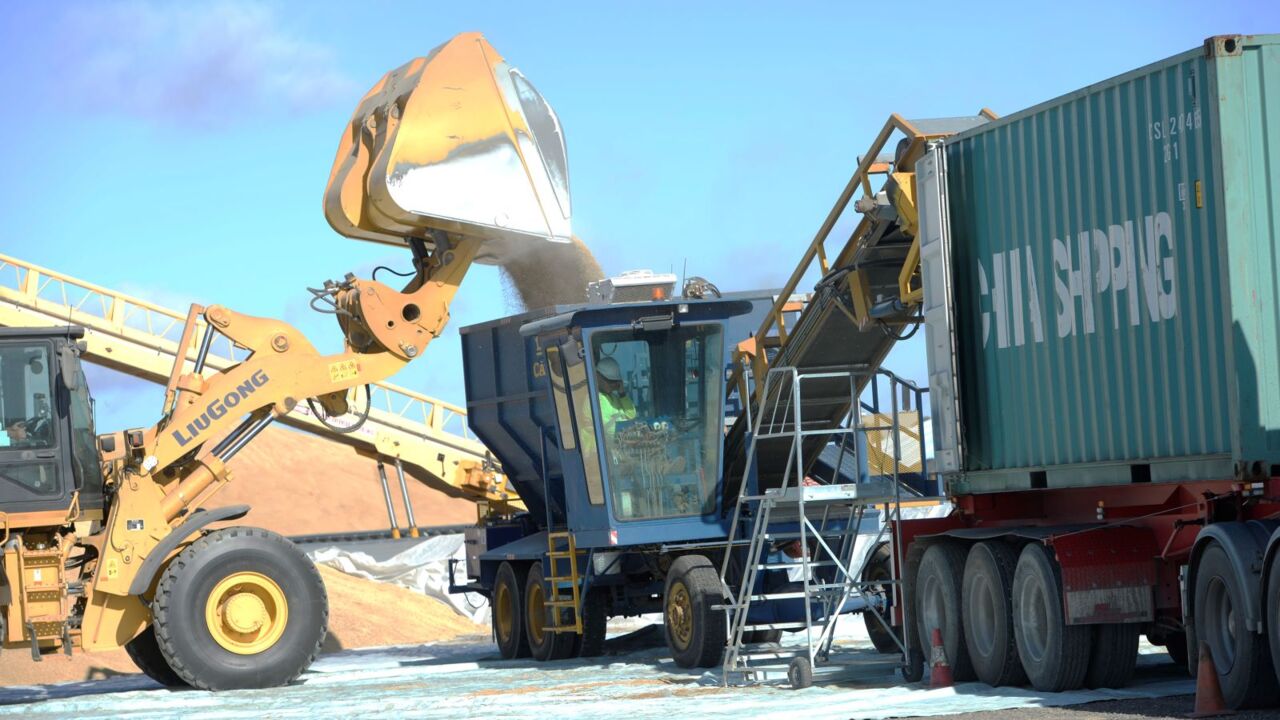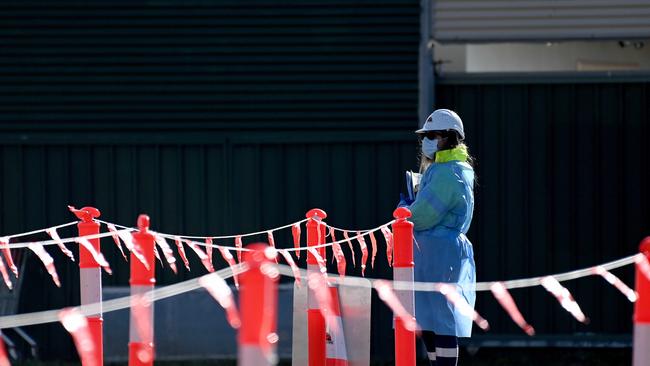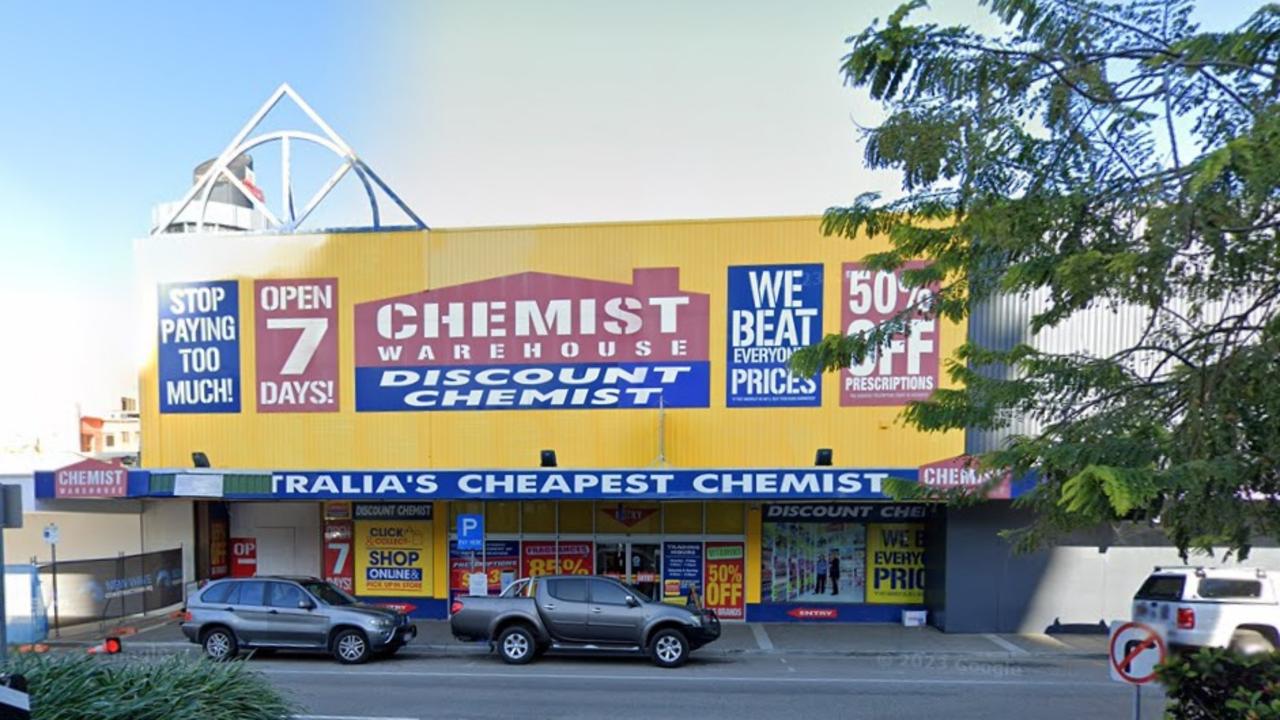Healius falls to $367.8m loss on steep write downs as pandemic testing evaporates and doctor referrals plummet
A chronic national GP shortage has weighed on pathology giant Healius’s earnings, which has been hit hard as Australia recovers from Covid-19.

Healius has sunk to a full-year $367.8m loss following sharp write downs in the value of its assets as Covid-19 testing evaporates and a chronic GP shortage limits the number of referrals for blood tests and other pathology services.
Analysts were expecting the company to report a slender $13m profit, after it delivered a $307.9m profit in 2022. But a non-cash impairment charge of $349.8m to pathology and its leased imaging assets dragged it into the red.
On an underlying basis, earnings before interest tax, depreciation and amortisation fell 51 per cent to $379m but were ahead of consensus estimates of $372m.
Chief executive Maxine Jaquet said the group has reset its cost base following a collapse in lucrative government-funded Covid-19 testing, which has hit all pathology groups. Ms Jaquet said fewer GP referrals has also weighed on its earnings.
But the company’s margins began to improve in the second half of the year as its refresh gained traction. Healius shares surged 7.8 per cent to $2.92, valuing the company at $1.7bn, on Wednesday. This is 12 per cent lower than the $3.32 high Healius hit in January.
It comes as smaller rival Australian Clinical Labs is attempting to mount a takeover of Healius – although its bid has failed to gain the support of major shareholders, the competition watchdog and the pathology workers union.
Ms Jaquet said pathology revenue has grown below the historical averages of 4-5 per cent. “And this has largely been driven by the slow recovery of GP services post Covid,” she said.
Australia is facing a shortfall of 10,600 GPs by 2031, according to the Australian Medical Association, after the pandemic border closures halted the arrival of new doctors via immigration, while older practitioners are retiring earlier citing increased workload.
At the same time, an extended freeze on Medicare rebates has led to more GPs withdrawing from offering bulk billing and charging out-of-pocket costs, which has led to more people seeking medical treatment from public hospital emergency departments or are putting off doctor visits all together.
For the first time in Medicare’s 50-year history, the gap fee is now more than the government rebate.
Ms Jaquet said overall GP consultations had plunged about 12 per cent in the past year, limiting the number of referrals the company receives for blood tests and other pathology services.
“It’s pretty material and without supporting, significant funding, and with a limited supply of GPs, many have made the decision to start charging out of pockets.
“Our intel says about 50 per cent now have a co-payment, and that is driving some people away from the GP.”
But Ms Jaquet was confident the industry would return to growth inline with long-term averages, but did not give guidance on when she expected it to rebound.
“Early screening and diagnosis is also fundamental to reducing downstream healthcare costs. This is what gives us confidence that there will be reversion to the long term average, without trying to speculate on the exact timing or rate of growth.”
In response, Ms Jaquet said Healius was “right-sizing its business in the current market context” and was targeting $20m a year in cost savings from 2026 as it retires its legacy systems.
“We have achieved a lot in this reset year. Our ambition is to grow margins and profitability as we participate in the market recovery and drive our own initiatives targeted around revenue mix, customer segments and clinical streams with high burdens of disease”.
Covid-19 PCR testing distorted the group’s earnings in the past three years, with the government funded tests injecting billions of dollars into Healius’s and its competitors’ coffers.
For the year to June 30, Covid-19 test revenue plummeted to $83.8m from $763.5m a year earlier. Overall revenue dived 25.4 per cent to $1.7bn. But Ms Jaquet said: “We are already seeing the benefits in revenue and financial performance in the second half of FY 2023”.
“Pathology non-Covid revenue was up 7.9 per cent and Imaging revenue was up 11.6 per cent on 2H 2022.
“Our EBIT (earnings before interest and tax) margins have expanded by 240 basis points in the last six months as we have delivered significant improvements in our cost and productivity ratios.”
Healius didn’t declare a dividend. “The intention is to resume dividend payments as soon as practicable on the return of more normal market pathology volumes and improved operating cashflows,” the company said.

RBC Capital Markets analyst Craig Wong-Pan’s sentiment said the write downs caused a “large miss” to net profit forecasts.
“Although that is being partially offset by better than expected imaging, good corporate cost reductions, strong cash conversion and lower capex expected in FY24,” he said.
ACL lobbed a reverse takeover of Healius, which has a market value of $1.6bn – more than double that of ACL’s $719m – in March. ACL told investors that it was better placed to manage Healius than its current leadership – and such was its confidence that it has offered a nil-premium bid.
It has proposed an all-scrip takeover, which involves offering 0.74 ACL shares for each Healius share. This would equate to Healius and ACL shareholders owning 68 and 32 per cent respectively of the new entity.
ACL has also reported a sharp dive in earnings but has remained profitable and paid shareholders a 7c final dividend – down from 41c the previous year.
Its net profit dived 79.9 per cent to $35.9m, off a 30 per cent fall in revenue to $697.1m.
Last week, ACL chief executive Melinda McGrath said: “ACL has managed the complexity of the transition away from a Covid environment to deliver strong financial performance, including a strong top line and careful cost management in an environment in which non-Covid revenue has not yet fully returned to trend”.
“ACL estimates there is about $50m-plus of latent revenue opportunity for ACL if the market had performed on trend in FY23 and expects the volume to return in key areas of market underperformance including private hospitals, clinical trials and GP referrals,” Ms McGrath said.
“While the underlying core business continues to grow back to trend, negligible Covid revenue is expected in FY24, creating a drag on total revenue growth. As a result, ACL believes that it will achieve a similar EBIT result in FY24 of between $65m and $70m. However, the business is expected to end FY24 at a run-rate above that result, further demonstrating the underlying strength and trajectory in the ACL core business.”





